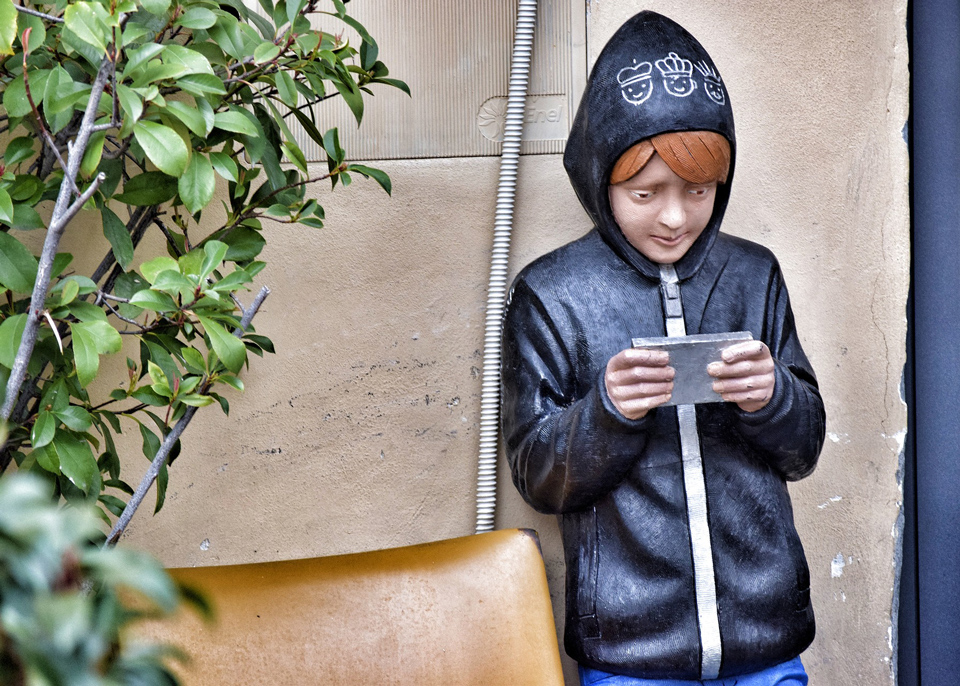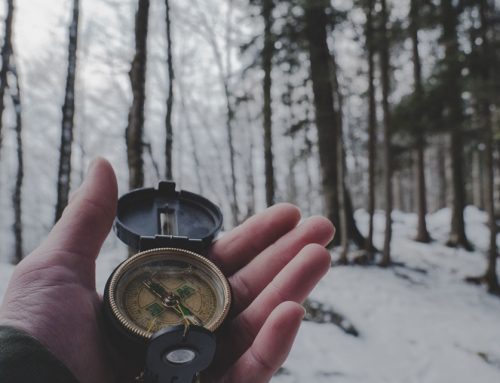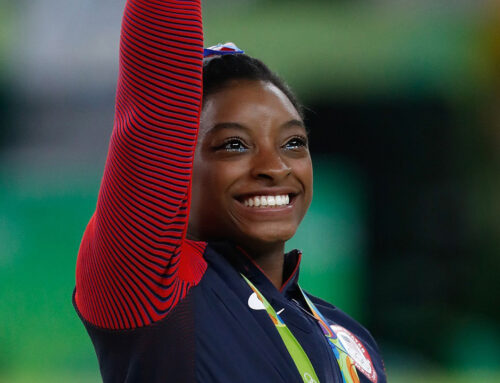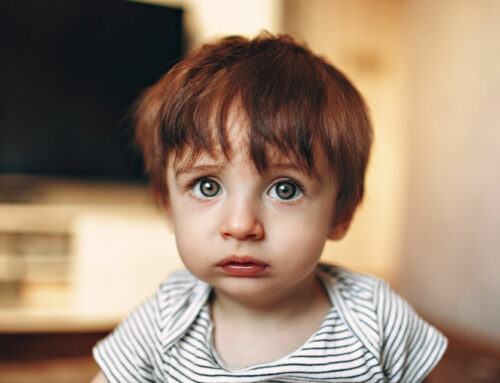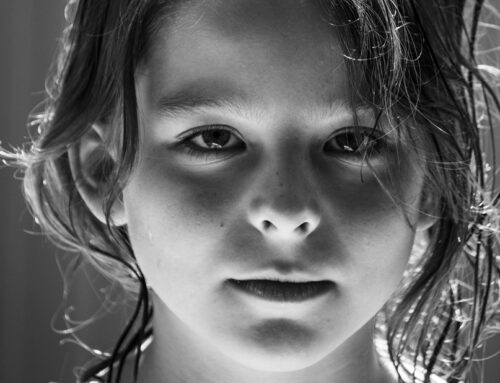Bemused Parent: Entry 3
We’re in the park for a playdate and the talk is all about mobile phones. Ada’s friend, Olivia, has just acquired her Dad’s old mobile, and yet again I’m being begged for one.
“No, I’m not allowing it. Mobiles are best for when you’re at secondary school.”
Pleading. “Oh Mum, how long do I have to wait? It’s not fair – secondary is ages away. Olivia is playing Pokémon now. You know it’s educational because you can send gifts from different Poke stops which are landmarks, they are places like fountains and churches. My friend has just sent me lots of Pokémon gifts from Germany because they have lots of special place names and you can see the language. I can be the best at German if I can learn from my own mobile.”
Smartphones and other desirable gadgets have come to the fore again. Children the same age as Ada that we’ve known since they were toddlers now have mobiles, mostly for playing games so I’m told. I did hear about “extreme texting” done by last year’s year 6 school leavers, who sent about 60 “hellos” at bedtime (then about a hundred goodnights – hello, goodbye, unsuspecting parents!). But I’m doing well in a bid to keep Ada’s HLP imagination ticking rather than relying on electronic entertainment. She does have an iPad, which has a much-enjoyed app on it called Doodle Maths to help boost her giftedness for numbers along with Minecraft . A mobile however would be the coolness pinnacle. Or maybe not if you’re anything like the woman sat next to us recently on a London bus, with her mobile on speakerphone so that all the passengers benefitted from her banal conversation. This week Donald Trump is sending out a practice text message to all US mobile phone owners to alert them about an emergency. He talks a lot of hot air but maybe Ada could have a high-alert text to remind her to “stop playing and get dressed NOW”?
I did allow Pokémon on my mobile during summer walks (those Eevees are so cute!). Admittedly there are valuable learning experiences to be gained from certain apps in moderation; to deny their use might make me a bad parent. So, the best tactic seemed to play the game together – Ada loved owning my mobile and her animation at finding the different pocket monsters was fantastic.
Last week we looked around a respected senior school and stopped off in their cafe area after a tour. To my surprise, there were many girls sitting around staring at or listening to music on their mobiles. Those that didn’t have one were desperately trying to look. The only conversation began with the words “YouTube”. It struck me that the children were disengaged, although Ada was excited and said that she would love to attend the school which permitted mobiles. “This modern world is forever releasing more electronic devices and as time goes on more people are buying them,” she said impressively. “You can always set up privacy settings to make sure that no-one cyberbullies you.” Generation HLP is much more clued-up than the parents.
All that screen time worry called for a Mum’s relaxation in front of the telly, so I tuned in to the latest ”Anne With An E” episode. I love the Anne of Green Gables books and although the television series isn’t quite true to the plot lines, there are some delightful scenes showing Anne and her pal Diana playing outdoors. They are older than Ada, but those days gone by reminded me of how children used to play – ballgames, making up stories, hide and seek…none of the sense that modern childhood ends at twelve. Many HLP kids thrive on imaginative play, which I think comes from their awareness of surroundings and potential for creativity. Ada thinks that as long as you encourage imagination, “you can have both the phone and the healthy mind.”
Pokémon on my mobile and other apps in moderation are the compromise. Although at breakfast Ada said: “Mum, did you know that iOS12 is released on Monday? You can download it to check how long I’ve been on my iPad.”
“Oh. How did you know that?”
“It was on my iPad Tips. Mum, you know how you won’t let me have a mobile? Well you think that robotics is good and phones are basically robots, all you do is program them!”
In this series we mine the wealth of lived experience and invite members to share their thoughts with us – perhaps through an article, advice, sharing their careers, a piece of fiction or a poem. The HLP Diaries are fictional tales of parenting children with high learning potential. If you are a Potential Plus UK member and have an anecdote you would like to share then we’d love to hear from you: email focus@potentialplusuk.org

